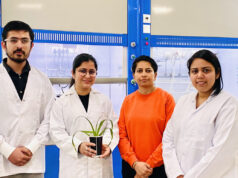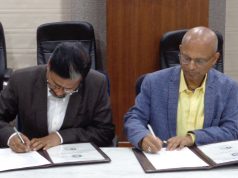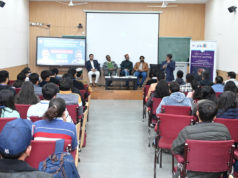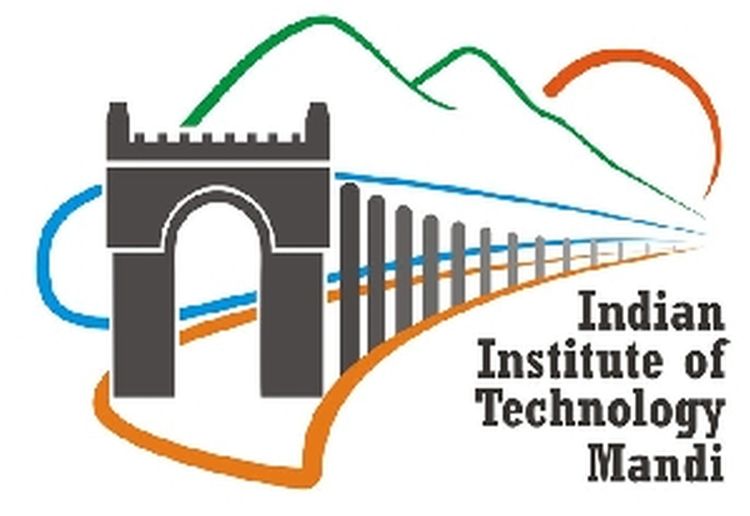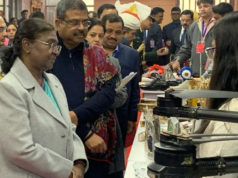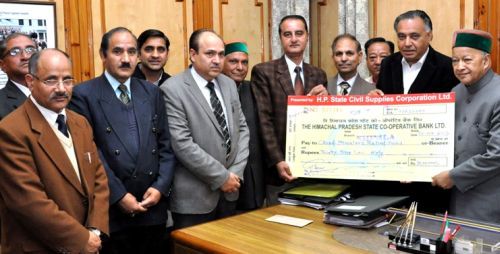In a groundbreaking research endeavour, scientists at the Indian Institute of Technology Mandi have unlocked the potential of recycling end-of-life solar cells, revealing a treasure trove of valuable resources hidden within what was once considered mere waste. Led by Dr. Satvasheel Ramesh Powar, the team of researchers from the School of Mechanical and Materials Engineering has made a significant stride towards sustainable energy practices by finding ways to recover precious resources from discarded solar panels.
Solar energy has been hailed as one of the most promising sources of renewable energy, rapidly gaining popularity worldwide for its eco-friendly attributes. However, with the rise in solar installations, there comes an inevitable challenge – what happens to solar panels at the end of their life cycle? As solar cell modules typically have a lifespan of around three decades, they eventually contribute to a growing stream of electronic waste. It is estimated that by 2050, India alone will generate 4.4 to 7.5 million tonnes of solar cell waste, posing a serious environmental concern.
Recognizing the urgency of addressing this issue, Dr. Satvasheel Ramesh Powar and his team embarked on a mission to understand the potential of recycling solar panels. Their research, published in the journal Resources, Conservation and Recycling, delves into the comparative analysis of various materials and processes involved in recycling and manufacturing solar cells.
Through their comprehensive study, the researchers have highlighted the environmental impact of recycling versus traditional mining and production methods. Notably, they discovered that recycling solar cell modules allows for the recovery of scarce and high-demand resources such as cadmium, tellurium, indium, gallium, and germanium. These elements, used in the production of solar panels, have limited reserves globally and are essential for sustaining the burgeoning solar industry.
The team’s work underscores the significance of transitioning from a linear model of consumption and disposal to a circular economy, where waste is minimized and valuable materials are reused. The insights derived from their research have significant implications for both governments and industry stakeholders. Governments are encouraged to introduce green certifications and incentivize recycling initiatives to foster a more sustainable and eco-friendly PV industry.
The researchers also propose optimizing the design of photovoltaic (PV) modules to reduce waste during disposal. By embracing the “design to dismantle” principle and incorporating sustainable materials, solar panel manufacturers can contribute to a cleaner and greener future.
Dr. Atul Dhar, an Associate Professor at the School of Mechanical and Materials Engineering, emphasized the urgency of their findings, stating, “The growing volume of end-of-life solar PV modules poses a pressing challenge. However, promoting effective recycling practices and implementing appropriate policies can pave the way for a more environmentally friendly and sustainable PV industry.”
Building upon their research, the IIT Mandi scientists have developed a comprehensive recycling methodology that encompasses a range of approaches, including Reduce, Reuse, Repurpose, Repair, Refurbish, Redesign, Remanufacture, and Recycle methods. By adopting this holistic approach, they hope to minimize waste and energy consumption during the end-of-life processing of solar PV modules.
This remarkable study opens up new avenues for the solar industry, offering hope for a more circular and resource-efficient future. By transforming what was once considered trash into a source of treasure, these innovative researchers are paving the way for a cleaner and more sustainable energy landscape.


